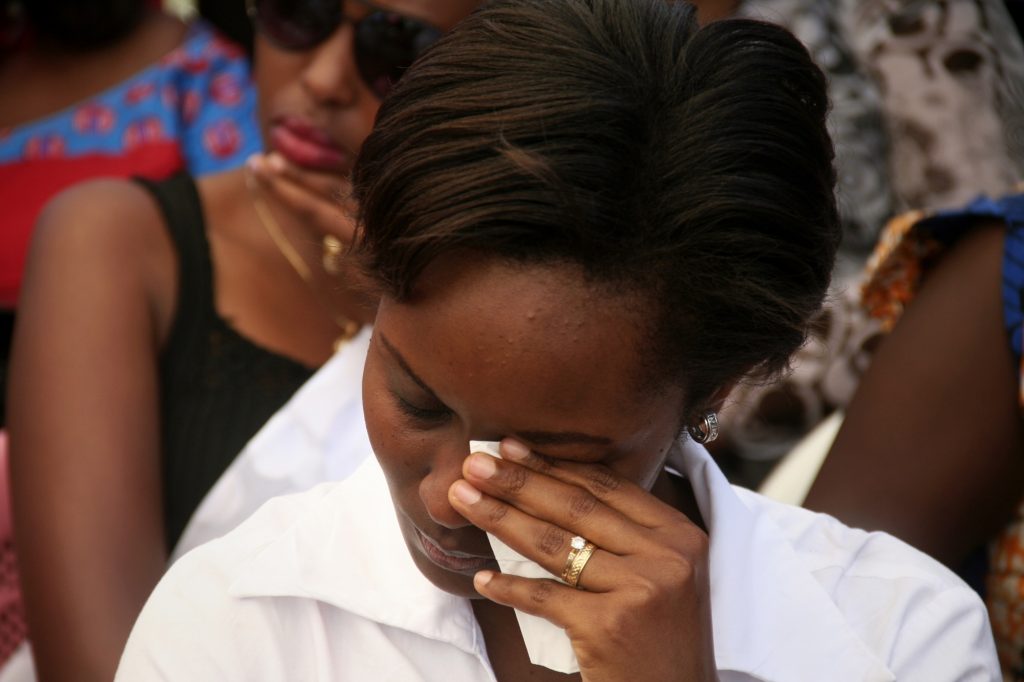Reparations
Reparations refer to the different ways to restore victims after the violations they have suffered. Individual culprits may be ordered to provide reparations because they inflicted the harm, but also State institutions for their acts breaking international law or for failing to prevent crimes.
A practical and symbolic measure
Reparations can significantly improve the victims’ everyday life, allowing them to resume their existence: getting a new house when their old one has been burnt down, or accessing healthcare to cure the sequels of torture or sexual violence. Ideally, reparative measures also address the root causes of violence, such as structural inequalities based on ethnicity, gender, etc.
Reparations also carry an important symbolic weight for victims, as an acknowledgment of their sufferings. They can play an important role towards closure. Yet although the right to reparations is inscribed in numerous international law treaties, it often takes second place to punishing culprits. TRIAL International takes the view that meaningful justice for victims must include both aspects: punitive and reparative.

Beyond financial compensation
Compensation, or the payment of a monetary sum to the victim or his relatives, only constitutes one form of reparation. Other measures can include public apologies, physical and social rehabilitation, access to property, education or healthcare, guarantees of non-repetitions, etc. To an extent, even fixing a compensatory sum is symbolic, as no amount of money can make up for loss of lives, dignity or peace of mind.
Finally, reparations may also be directed to the victims’ relatives (usually their children) as a way to helping them build a better future.
TRIAL International and reparations
Because reparations are often the last-implemented justice measures, TRIAL International supports victims long after the perpetrators’ trial has ended. In some cases, it may be years until survivors receive the redress they are entitled to – if at all.
In DRC, TRIAL International is among the few NGOs supporting victims in their quest for reparations after criminal proceedings have closed. To this day, in spite of several court orders in that sense, no reparations have ever been paid by the State to victims of international crimes.
In Bosnia and Herzegovina, TRIAL International has succeeded in changing court practice on reparations. They are now increasingly ordered as part of criminal proceedings, rather than referring the victims separate civil proceedings.

